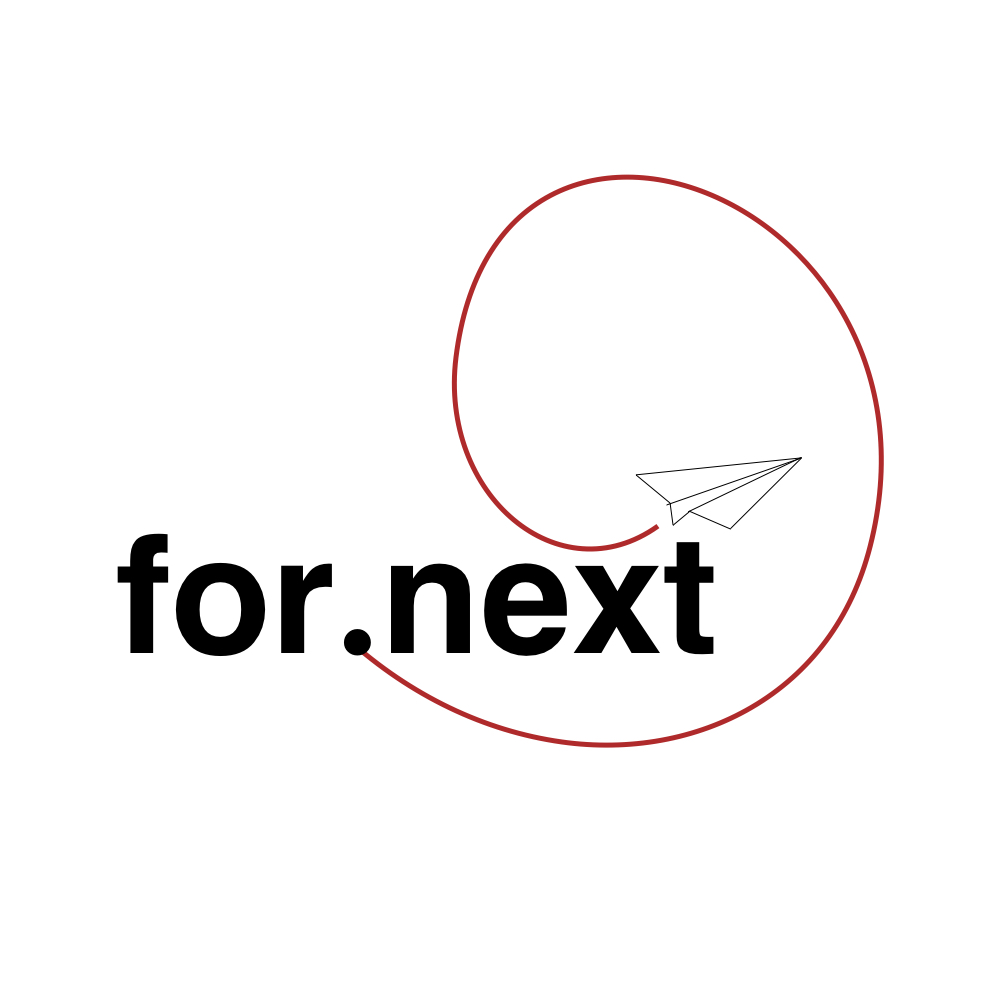Making Experts – A Project Proposal
tl;dr A Project Proposal:
I’d like to see expert ‘knowers’ in different fields each record a 2-4 minute video (uploaded to YouTube) in which they respond to one of the following prompts:
- Describe a situation in which a simple change to what you knew made something that was previously impossible, possible.
- Describe a moment when you had to unlearn what was known so that you could construct new ideas.
- What misconception in your field did you need to overcome in yourself to become successful?
I think that teachers model knowledge creation by devoting time to exploring it in their classes. I think we can show them that this process isn’t just something you do until you’ve made it – it is a way of life, especially for the most successful people in the world. I think a peek behind the curtain would be an exciting and meaningful way for students to see how the most knowledgeable in our society got that way.
Long form:
One thing we do as teachers that makes students roll their eyes in response is this frequent follow up to a final answer: How do you know?
This is a testament to our commitment to being unsatisfied with an answer being merely right or wrong. We are intensely committed to understanding and emphasizing process as teachers because that’s where we add the most value. Process knowledge is valuable. An engineering company can release detailed manufacturing plans of a product design and know they will remain profitable because their value is often stored within the process of building the product, not the design itself. This is, as I understand it, much if the power of companies dealing in open source technologies.
In a field like ours, however, students often get a warped sense of the value of process. They don’t hear experts talking about their process of learning to be experts, which inevitably involves a lot of failure, learning, unlearning, and re-learning. In some of the most rapidly changing fields – medicine, technology, science for example – it is knowledge itself that is changing.
An important element of the IB program is the course in Theory of Knowledge (abbreviated TOK). In this course, students explore the nature of knowledge, how it represents truth, how truth may be relative, and other concepts crucial to understanding what it means to ‘know’ something to be true. From what I have heard from experienced IB educators, it can be a really satisfying course for both teachers and students. Elements of TOK are included as essential parts of all of the core courses that students take.
I can certainly find lots of specific ways to bring these concepts up in mathematics and science. Creating definitions and exploring the consequences of those definitions is fundamental to mathematics. Newton ‘knew’ that space was relative, but time was absolute. Einstein reasoned through a different set of rules that neither was absolute. These people, however, are characters in the world of science. Their processes of arriving at what they knew to be true don’t get much airtime.
What if we could get experts in fields talking about their process of knowing what they know? What if students could see these practitioners themselves describing how they struggled with unlearning what they previously believed to be absolutely true? I see only good things coming of this.
What do you think? Any takers?

“this process isn’t just something you do until you’ve made it – it is a way of life,”
This is what we know, and this is what we want our students to know. This can sometimes feel like a heavy burden to a student. They are seeking the “end” – the end of the lesson, the end of the period, the end of their homework, of the school day, the school year, school itself (high school anyway). This process of thought is a way of life, a L